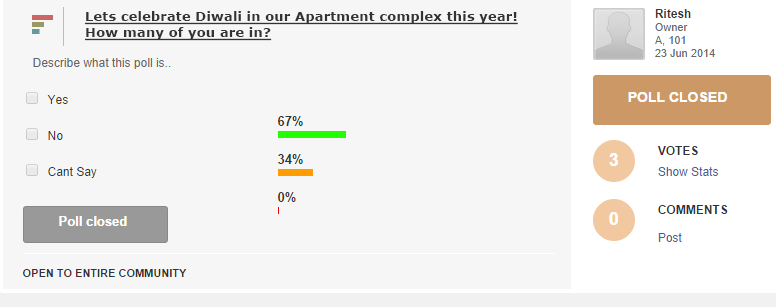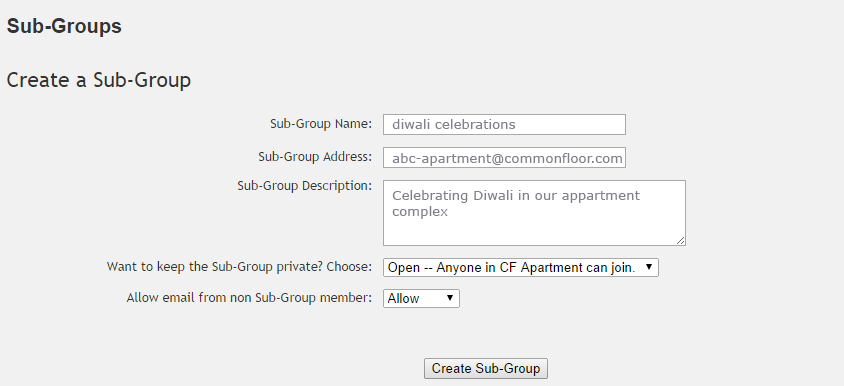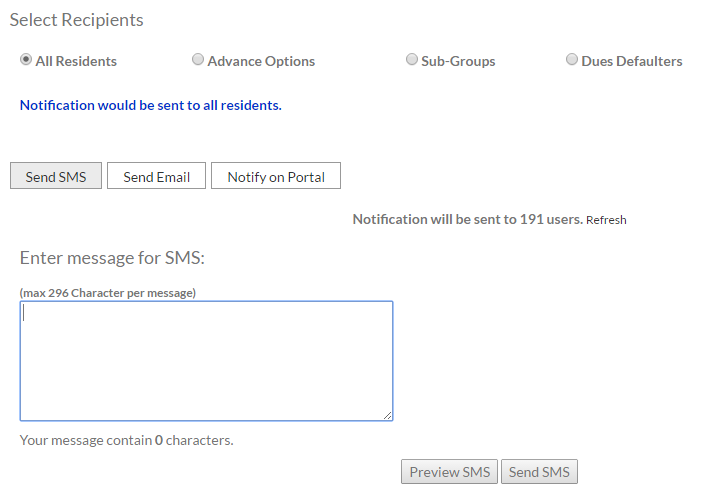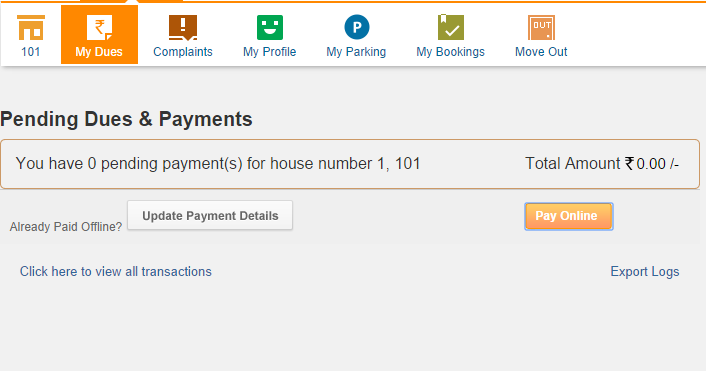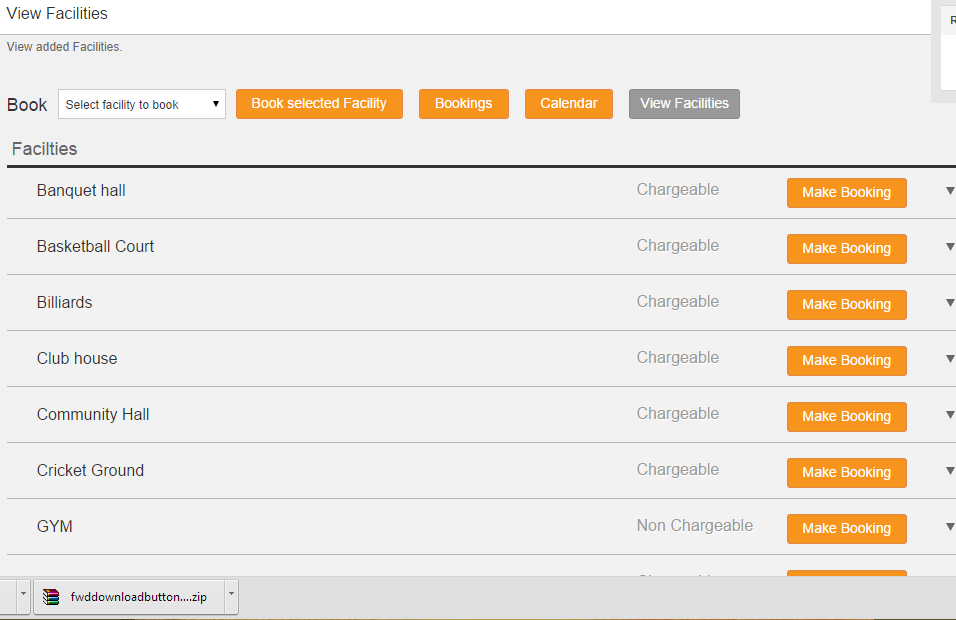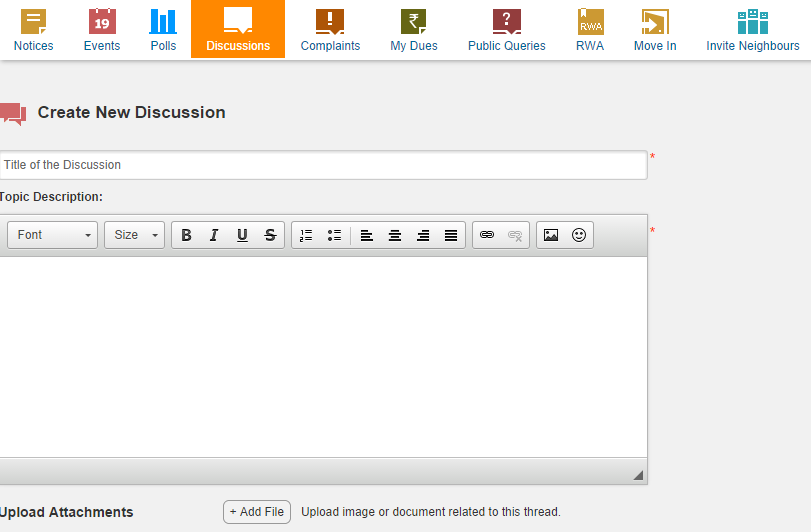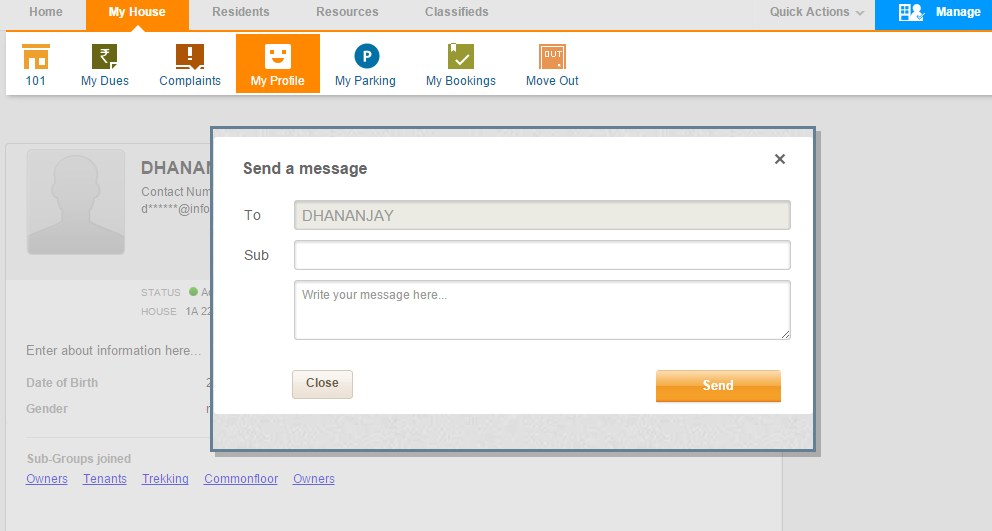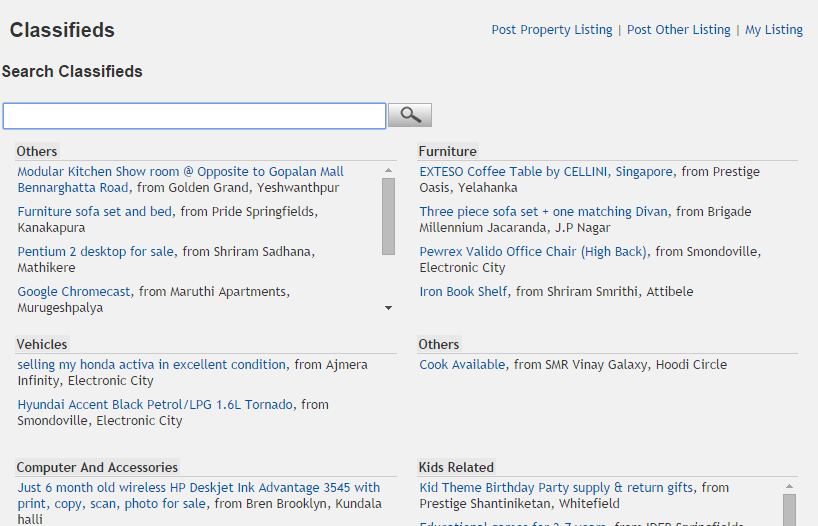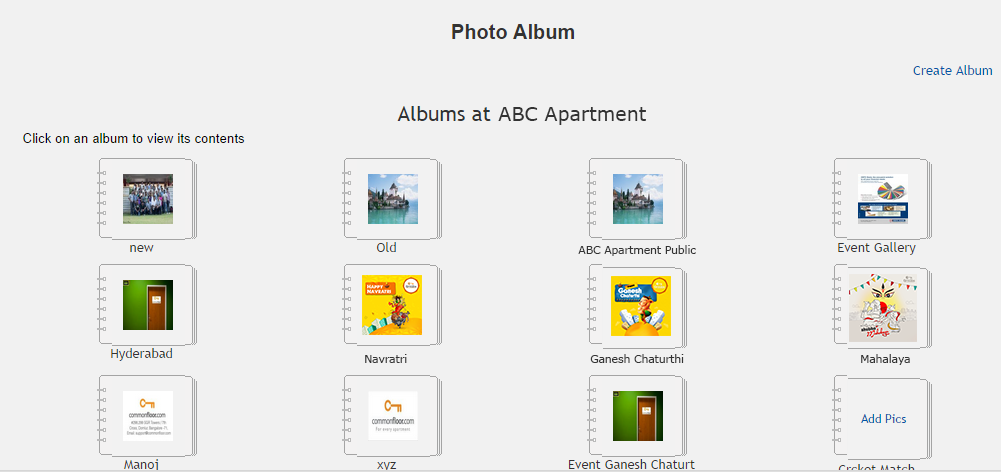Concepts, Mechanisms and Strategies
Political power does not flow like water from the top to bottom; on the other hand,
it tends to stagnate and smell bad. It is a basic human reflex that whosoever possesses power does not share it, unless and until one is compelled to do so. We have to assume that a powerful-person tends to behave arbitrarily and in one’s own interest. It became evident to all of us in India that after independence, there has been constant reluctance on the part of the centralized governments and the elected representatives to share Power with lower rungs of the ladder of decentralization. This reluctance has been evident within the entire constitutionally-recognized present three-tier polity. It is a far cry to ask for transfer of Power from the institutions to individual citizens.
At the same time, it is a fact that the present political class, still, considers, romantically, that real India is in its villages and as most of them hail from rural areas, they would like to conserve their vote banks. They have a prejudiced view of urban life, even though, substantial financial resources to the governments come from the urban areas. The urban civil society has, only recently, started reacting against the biased vested interests of the politicians and their policies and has been trying to inspire a new political idiom and new governance structures to meet the needs and aspirations of the urban people. The urban citizen wants more opportunities of self-governance in matters much closer to him or her, whereas, actually, he has, on the other hand, lesser opportunities than a rural citizen. In Modern India, the urban space is the most propitious site for experimenting with new expressions of life-styles and humanistic relations. The urban life, now, offers the opportunity to break the age-old rigid social barriers that we have inherited and to facilitate the expression of inherent worth of each and every individual born in this land. Object of intensive communications, commutations and exchanges, such a society can only become knowledge-based, open, dynamic and harmonious.
The area or colony resident welfare associations (arrwas) and the apartment-building residents’ welfare associations (aprwas) are emerging, precisely, as such most suitable mechanisms for such a future society with universal values. Since these bodies are composed of educated, qualified, skilled, experienced people who, in general, are committed to give their free time, they are capable of self-managing and self-governing themselves, efficiently, in their own areas. A new urban cosmopolitan culture stressing upon improving the quality of life with voluntary efforts is developing in the midst of the complexities of modern life. New communities of sharing and caring are being built. Now, there is an emerging concept which can be qualified as ‘flat culture’.
Here is an opportunity to transform the urban resident welfare associations as micro-
communities as a fruition of the common projects of each and every individual. They would function at a more human level, elected by smaller number of residents who have many common aspirations and capabilities, with a desire to care for each other and share each other’s pleasures and pains.
They are committed to self manage i.e. to act, to react and to cooperate to solve their own problems as a community-based elected organisation. They do not represent others’ interests and causes; they represent themselves as urban citizens with specific requirements to improve the quality of their lives. They raise their own financial resources for maintenance. At the time of settling for residence, sometimes, they invest on infrastructures for services like water, roads and electricity. Some are, later, taken over by the municipality. The maintenance of common areas, like parks, community halls, tank-bunds, etc. is partially and, sometimes, fully funded by the residents on contractual terms. They host and facilitate electoral booths, counters for census-taking, Aadhar and electoral Id cards, tax collection, etc. and participate in many campaigns for health, such as, polio in cooperation with other civil society organizations. They prepare themselves for and mobilise themselves in case of, any disaster.
They deal with all aspects of a human being’s life, from the cradle to the grave. They do not limit themselves to the domains of the municipality alone. Thus, it is the basic unit for management of urban affairs in a town or a city dealing with many departments, boards and corporations of the State and Union governments as well. Lights, roads, water, police and postal services are not served from one single source and when they are served, they are served, at present, without any coordination among different departments. For example, the upkeep of a road in a street depends upon not less than five departments. It is the R.W.A president or the secretary that negotiates with all of them to execute things in a coordinated manner. They, singularly as well as collectively, do all those things that can be done locally by themselves and to cooperate with other higher bodies for those things that they cannot do by themselves. This democratic principle of subsidiarity, adopted by them suggests that only those things that cannot be, efficiently done by local people themselves, should be entrusted to a higher or wider body of polity. Therefore, still a lower tier of governance should contribute, primarily, to build micro urban communities for progressive and harmonious social living. In brief, the rwas can build inclusive communities with all those groups that have low-incomes and minority identities.
We go from smaller to bigger, as we go from self-consciousness to collective consciousness. The cardinal values of self-respect, self-reliance, personal autonomy, team spirit and community spirit which were also ardently desired by Gandhiji are, now, possible to achieve more easily in an urban context. The above values can, now, be grouped into an individual’s ‘right to self-govern’.
In case you are interested to get a copy of the book, drop a mail at raovbj@yahoo.com.
Author Details: Dr. Rao V.B.J. Chelikani, United Federation of Resident Welfare Associations (UFERWAS)

